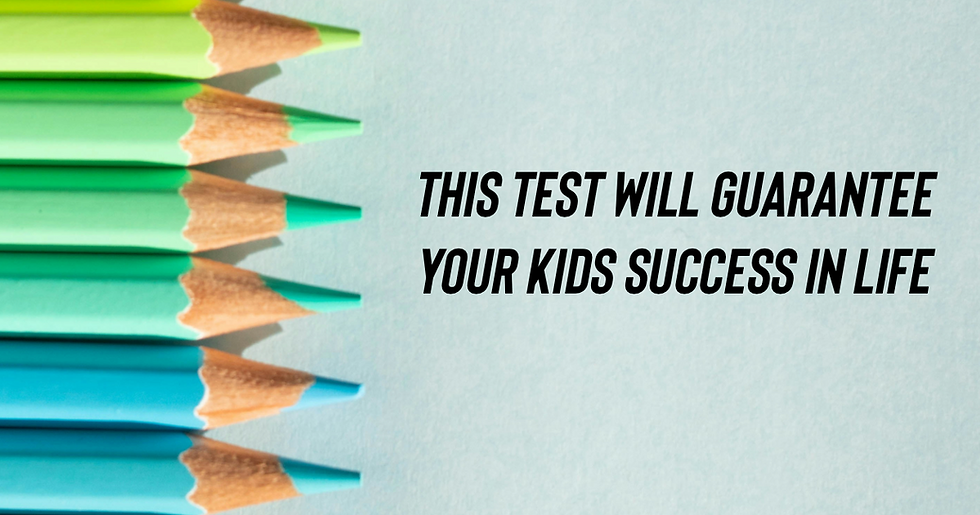The two hardest things about homeschooling for 13 years
- Christal Marshall
- Aug 22, 2024
- 3 min read

I'd like to share the most challenging aspect of homeschooling over the past 13 years, and it's probably not what you expect.
Many people assume the biggest hurdle is a lack of social activities, but that's not the case for us. We engage in numerous social events, sports, and games, so that isn't an obstacle.
Choosing a curriculum hasn’t been difficult either, considering the vast resources available—entire classes on YouTube, apps, and virtual platforms like Outschool make it easy.
Time management hasn’t been a problem since homeschooling actually gives us more time for the things we love. My kids can sleep in, and my teenager often enjoys working on projects late into the night.
The toughest challenges have been twofold: retraining my teacher mindset and managing the amount of time spent with my kids. As a former teacher with a master's degree, I've had to redefine what success looks like and what milestones my children should meet to feel accomplished rather than like a failure.
This mental shift has taken a decade.
Additionally, the significant amount of time spent with my children can be exhausting. While it may sound easy to be around them for 14 hours a day, many parents need mental breaks.
For example, when my kids wake up at 7 a.m. and go to bed around 11 p.m., finding time for myself can be challenging. This is especially true when my teenager stays up late reading or practicing her instruments.
Creating a balance of personal space and time for myself has been crucial, as many people overlook this factor in homeschooling.
For those who struggle with being away from their kids, homeschooling might not be suitable unless you can integrate it into your lifestyle.
Scheduling "mom time" or having someone watch the kids for a break can help. I've relied on childcare at the gym for years, which has been invaluable for my mental health.
Now that my teenager is older and capable of staying home alone, I feel more freedom.
In summary, the two main challenges are ensuring I have mental space and retraining my brain to understand what success looks like for my children. It's vital to assess their learning in a healthy way, so I don’t feel like a failure.
For instance, my kids have never been inclined toward writing, which is ironic since I've written several books.
So, when learning about the water cycle, instead of insisting on a written paragraph—which would result in frustration—I might suggest they build a Lego model of the water cycle instead. This approach allows them to express understanding in a way that resonates with them.
In homeschooling, there's more flexibility in assessments compared to traditional school settings. While I still adhere to state regulations, Virginia allows for considerable freedom in how and what we learn. This flexibility has led to numerous trials and errors to discover what my kids enjoy.
When it comes to standardized testing, we take an untimed version of the California Achievement Test, ensuring they grasp the material without the pressure of test anxiety.
I've never faced issues with them failing, and I submit the necessary paperwork to the school.
To wrap up, the two main aspects I've highlighted are the importance of mental well-being and understanding your children's milestones in a healthy way.
Homeschooling shouldn't make you feel like a failure if your kids don’t meet specific benchmarks.
Instead, focus on what you can teach them and utilize the incredible resources available online to foster their confidence and love for learning.
If you have any questions about homeschooling in Virginia, feel free to comment below.










Comments